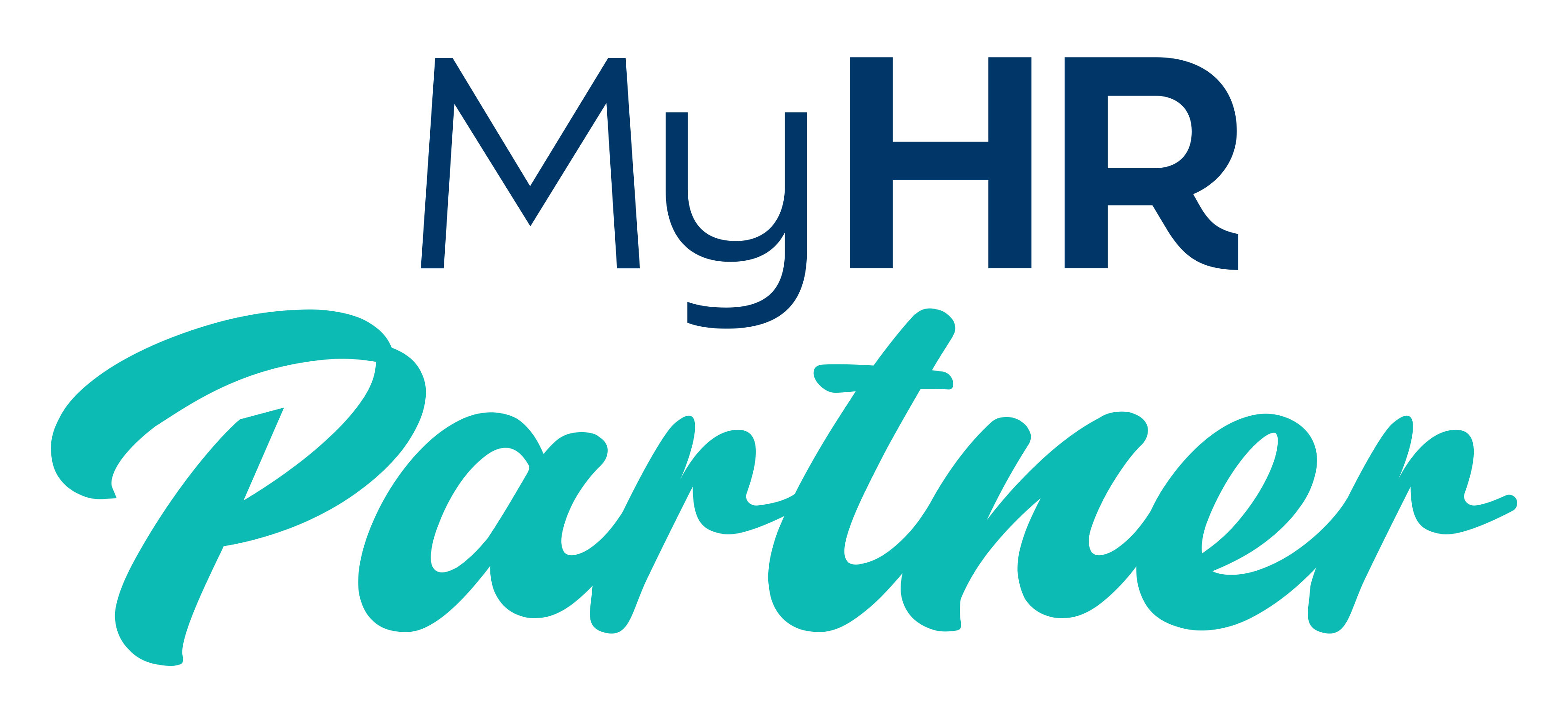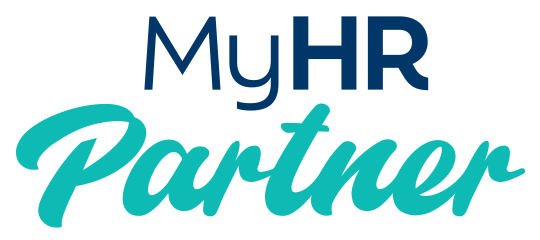Unlocking the Power of Human Resources: Welcome to Our Blog!
Unlocking the Power of Human Resources:
Welcome to Our Blog!
Discover HR updates, the latest trends, best practices, and innovative strategies shaping the world of Human Resources in Australia. From talent acquisition to employee engagement, we delve into the intricacies of HR management to empower organisations.
Let's navigate the dynamic landscape of HR together.
Discover the latest trends, best practices, and innovative strategies shaping the world of Human Resources. From talent acquisition to employee engagement, we delve into the intricacies of HR management to empower organizations and elevate workplace culture. Let's navigate the dynamic landscape of My HR Partner together.

Podcast Episode 17: Fair Work Compliance for SMEs
In this insightful episode of the My HR Partner podcast, discover the essentials of the Fair Work Act, how to stay up-to-date with legislative changes, and practical steps to rectify any inadvertent breaches. Whether you’re a new business owner or a seasoned employer, we can help you navigate Australia’s employment laws with confidence.
Navigating Fair Work Compliance: What Every SME Needs to Know
Today, we’re tackling a topic that’s crucial for any small to medium enterprise (SME) in Australia: Fair Work compliance. Understanding and adhering to Fair Work regulations is essential for running a successful and compliant business. So, let’s dive into what you need to know to ensure you’re on the right track.
What is the Fair Work Act?
The Fair Work Act is the cornerstone of employment law in Australia. It sets out the legal framework for employment, including the rights and responsibilities of both employers and employees. The Act covers a broad range of topics, from minimum wage to working conditions and employee entitlements. While the Act itself is detailed and complex, you don’t need to read it cover-to-cover. Instead, it’s more important to understand that it exists and that there are rules you need to follow.
Key Components of Fair Work Compliance
National Employment Standards (NES): These are the 11 minimum employment entitlements that must be provided to all employees. They cover aspects such as leave, flexible working arrangements, and termination notices.
Awards and Agreements: Awards set out minimum pay rates and conditions for specific industries or occupations. Ensuring that you are applying the correct award to your business is critical.
Fair Work Information Statement (FWIS): This document provides employees with essential information about their workplace rights. You must provide it to new employees.
Casual Employment Information Statement (CEIS): Similar to the FWIS, this statement is for casual employees and outlines their rights and entitlements.
How to Ensure Compliance
Understand and Implement Awards: Know which awards apply to your business and ensure you are paying your employees according to these standards. This includes understanding minimum wage rates, penalty rates, and allowances.
Regular Updates: Employment laws and regulations can change, so it’s crucial to stay informed. Subscribe to updates from the Fair Work Ombudsman and industry associations. These resources often provide the latest news on legislative changes and compliance tips.
Consult Professionals: While you don’t need to be a legal expert, consulting with HR professionals or legal advisors can help clarify complex issues. I offer a range of services, from quick HR advice calls to comprehensive monthly support, tailored to your business needs.
What to Do If You Breach the Act
If you find that your business has inadvertently breached Fair Work regulations, don’t panic.
Here’s what you should do:
Acknowledge and Address the Issue: Recognise the mistake and take immediate steps to correct it. Fair Work usually appreciates transparency and a willingness to fix errors.
Communicate with Affected Employees: Inform your employees about the issue and the steps you are taking to rectify it. Open communication can help maintain trust and resolve concerns.
Seek Guidance: If you’re unsure about the best course of action, contact the Fair Work Ombudsman. They offer free advice and can guide you through the process of compliance.
Stay Informed: Use resources like industry associations or HR consultants to stay updated on regulations and best practices.
Resources and Support
Fair Work Ombudsman: For general advice and information, visit the Fair Work Ombudsman or call their advice line. They provide support for both employers and employees.
Industry Associations: Many industry-specific associations offer compliance resources and updates.
We offer flexible options for SMEs, including short HR advice calls and comprehensive monthly services. Check out our HR Hub for additional resources and templates.
I hope this guide helps you understand and navigate Fair Work compliance more effectively. Remember, staying compliant is not just about avoiding fines—it’s about fostering a fair and positive workplace for your employees. If you have any questions or need assistance, feel free to reach out to me or visit our website at My HR Partner.
Thanks for tuning in, and stay compliant!
Our Latest Blog Post

Podcast Episode 17: Fair Work Compliance for SMEs
In this insightful episode of the My HR Partner podcast, discover the essentials of the Fair Work Act, how to stay up-to-date with legislative changes, and practical steps to rectify any inadvertent breaches. Whether you’re a new business owner or a seasoned employer, we can help you navigate Australia’s employment laws with confidence.
Navigating Fair Work Compliance: What Every SME Needs to Know
Today, we’re tackling a topic that’s crucial for any small to medium enterprise (SME) in Australia: Fair Work compliance. Understanding and adhering to Fair Work regulations is essential for running a successful and compliant business. So, let’s dive into what you need to know to ensure you’re on the right track.
What is the Fair Work Act?
The Fair Work Act is the cornerstone of employment law in Australia. It sets out the legal framework for employment, including the rights and responsibilities of both employers and employees. The Act covers a broad range of topics, from minimum wage to working conditions and employee entitlements. While the Act itself is detailed and complex, you don’t need to read it cover-to-cover. Instead, it’s more important to understand that it exists and that there are rules you need to follow.
Key Components of Fair Work Compliance
National Employment Standards (NES): These are the 11 minimum employment entitlements that must be provided to all employees. They cover aspects such as leave, flexible working arrangements, and termination notices.
Awards and Agreements: Awards set out minimum pay rates and conditions for specific industries or occupations. Ensuring that you are applying the correct award to your business is critical.
Fair Work Information Statement (FWIS): This document provides employees with essential information about their workplace rights. You must provide it to new employees.
Casual Employment Information Statement (CEIS): Similar to the FWIS, this statement is for casual employees and outlines their rights and entitlements.
How to Ensure Compliance
Understand and Implement Awards: Know which awards apply to your business and ensure you are paying your employees according to these standards. This includes understanding minimum wage rates, penalty rates, and allowances.
Regular Updates: Employment laws and regulations can change, so it’s crucial to stay informed. Subscribe to updates from the Fair Work Ombudsman and industry associations. These resources often provide the latest news on legislative changes and compliance tips.
Consult Professionals: While you don’t need to be a legal expert, consulting with HR professionals or legal advisors can help clarify complex issues. I offer a range of services, from quick HR advice calls to comprehensive monthly support, tailored to your business needs.
What to Do If You Breach the Act
If you find that your business has inadvertently breached Fair Work regulations, don’t panic.
Here’s what you should do:
Acknowledge and Address the Issue: Recognise the mistake and take immediate steps to correct it. Fair Work usually appreciates transparency and a willingness to fix errors.
Communicate with Affected Employees: Inform your employees about the issue and the steps you are taking to rectify it. Open communication can help maintain trust and resolve concerns.
Seek Guidance: If you’re unsure about the best course of action, contact the Fair Work Ombudsman. They offer free advice and can guide you through the process of compliance.
Stay Informed: Use resources like industry associations or HR consultants to stay updated on regulations and best practices.
Resources and Support
Fair Work Ombudsman: For general advice and information, visit the Fair Work Ombudsman or call their advice line. They provide support for both employers and employees.
Industry Associations: Many industry-specific associations offer compliance resources and updates.
We offer flexible options for SMEs, including short HR advice calls and comprehensive monthly services. Check out our HR Hub for additional resources and templates.
I hope this guide helps you understand and navigate Fair Work compliance more effectively. Remember, staying compliant is not just about avoiding fines—it’s about fostering a fair and positive workplace for your employees. If you have any questions or need assistance, feel free to reach out to me or visit our website at My HR Partner.
Thanks for tuning in, and stay compliant!
We provide HR advice and support. We have trusted partners to assist with any employment law issues
outside of our scope.
More info

Get HR Advice from our HR expert
Our Latest Blog Post
Flexible Working Arrangements
Jun 18, 2024
Why Flexible Work Arrangements
Are Essential for Modern Businesses
Today, we’re delving into a...
We provide HR advice and support.
We have trusted partners to assist with
any employment law issues outside
of our scope.
More info
PO Box 1079
Coolangatta QLD 4225
ABN 30 644 527 015
Get HR Advice from our HR expert








